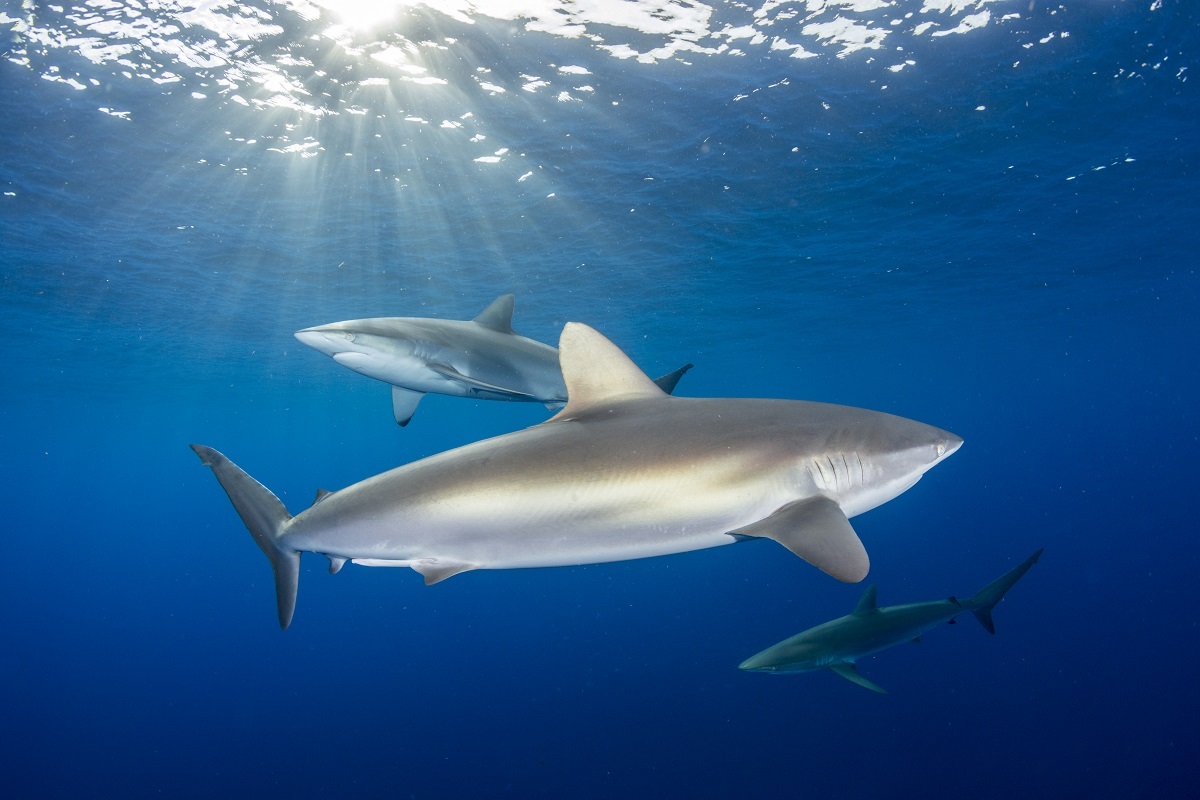Singaporean researchers have found that roughly a third of pet foods they tested contained shark DNA, including the vulnerable-listed Silky Shark.
The study, published in Frontiers in Marine Science, examined 45 different pet food products in Singapore, and of the 144 samples 31 per cent contained shark DNA.
The most identified DNA was the Blue Shark, closely followed by the Silky Shark, and Whitetip Reef Shark, the latter two of which are both listed as ‘vulnerable’ in the International Union for Conservation of Nature (IUCN) Red List.
Authors Dr Ben Wainwright and Ian French, of Yale-NUS College, said after a previous 2019 study of American pet food found traces of shark meat, they wanted to examine if Asian pet food yielded the same results.
“None of the products purchased listed shark as an ingredient, using only generic catch-all terms such as ‘fish’, ‘ocean fish’, ‘white bait’ or ‘white fish’ to describe their contents.”
Wainwright and French urged for more transparency in the ingredients of pet food products and to avoid using blanket terms in ingredient lists to allow consumers to make more informed choices when purchasing pet foods.
“The majority of pet owners are likely lovers of nature, and we think most would be alarmed to discover that they could be unknowingly contributing to the overfishing of shark populations.”
Sharks are a crucial part of a healthy marine ecosystem, and by shifting their prey’s distribution, which changes the feeding strategy of other species, they maintain a balance of the food chain. The drop in shark numbers has led to the decline in seagrass beds and coral reefs
“Shark populations are overfished throughout the world, with declines of more than 70 per cent in the last 50 years documented. This is indicative of the current lack of regard in which we hold our oceans.”

